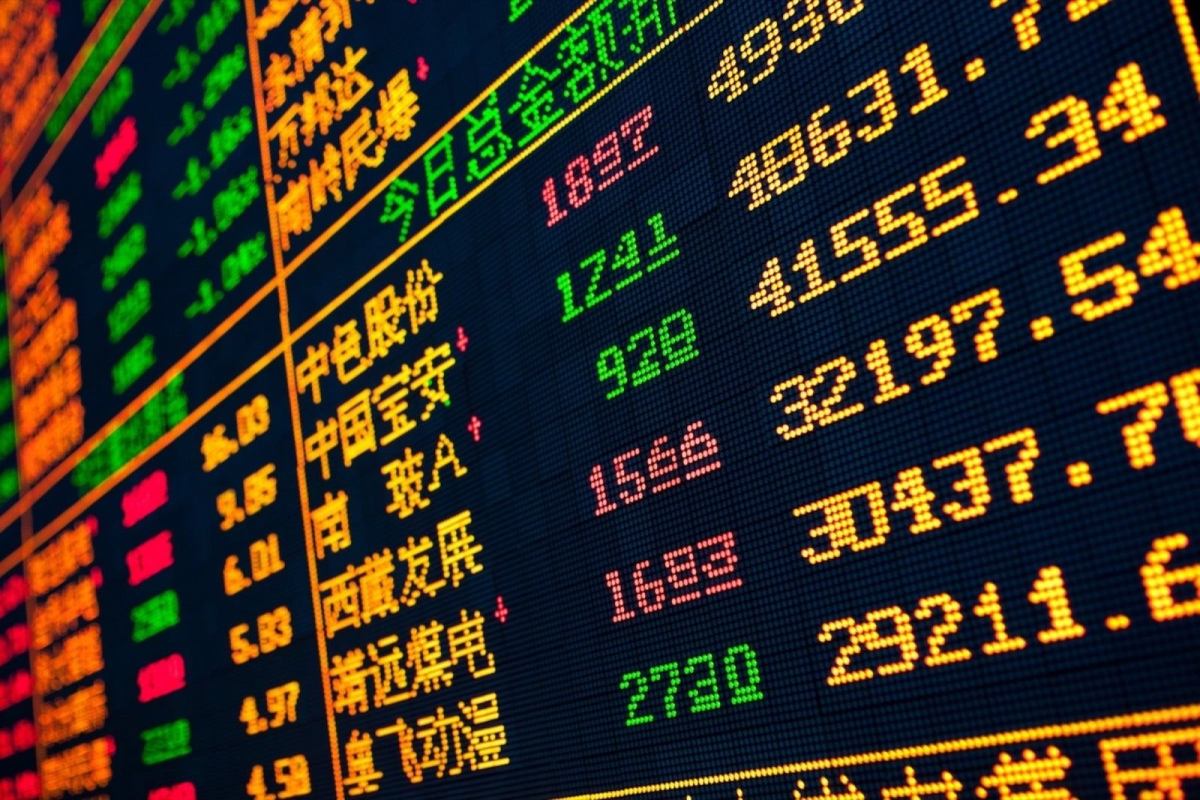[ad_1]
HONG KONG – Kuaishou Technology’s scheduled listing in Hong Kong on Friday is the front end of a strong pipeline of Chinese company initial public offerings (IPOs) expected to keep the bourse afloat and local currency strong in the months ahead.
Kuaishou Technology’s shares were trading on the over-the-counter (OTC) market at HK$250 (US$32.25) on Monday, more than double the listing offering price of HK$115, according to a report published by Sina.com.
Last week, Kuaishou, the operator of arguably China’s most popular video service after ByteDance’s Douyin, unveiled its IPO plan to raise as much as HK$42 billion ($5.4 billion) by selling 365 million shares at HK$105 to HK$115 each.
Kuaishou’s IPO has so far attracted HK$1.28 trillion from investors and will be the world’s biggest internet-related listing since Uber Technologies Inc floated in May 2019.
After taking into account an over-allotment mechanism, the public offering part is up to 21.91 million shares, which have been oversubscribed by 1,218 times. The remaining 343 million share offer will be allocated to institutional and cornerstone investors.
As the majority of people who joined the allotment could not get shares, they have tried to buy them at a premium in the gray market before the shares officially start trading on the Hong Kong Stock Exchange on Friday.
Kuaishou’s 120% jump in the gray-market is in line with other Chinese internet-related IPOs, said Kenny Tang, chief executive of Royston Securities. He said Kuaishou’s shares could rise by three or four times within years. Tang cited the meteoric rise of Meituan’s shares, which went public at HK$69 in September 2018 and closed at HK$395 on Tuesday.
Michael Wong, chief investment officer and director of PC Securities, predicts Kuaishou’s shares could more than double on Friday’s listing but then ease to below HK$200, a level that he says is suitable for long-term holding. Wong said investors who bought below HK$200 a share could make a profit of 120-150% within one to two years.
Charles Li, the former chief executive of the Hong Kong Stock Exchange, said in a forum on Monday that it would be good to allow mainland investors to subscribe to the IPO in Hong Kong through the Stock Connect program.
He used Saudi Aramco as an example, saying if the company went public in Hong Kong it could raise funds in renminbi from mainland investors and use the funds to buy China’s debt in return. Li said such a deal would be the “swap of the century,†which would help mainland investors hold shares in global firms and foreign investors hold renminbi assets.
Eddie Yue, the chief executive of the Hong Kong Monetary Authority (HKMA), said during a panel meeting in the Legislative Council on Monday that the strong IPO market, as well as the net capital inflow from the mainland through the Stock Connect program, had stabilized the Hong Kong dollar, which has remained at the strong-side of its fixed convertibility band at 7.75 Hong Kong dollars per US dollar for many months.
Yue said he did not see any signs of capital outflow from Hong Kong as bank deposits in the city increased 5.4% at the end of last year from a year earlier, while the city’s currency remained stable. He added that the Hong Kong-US dollar peg policy was still the best choice for the territory.
Howard Lee, deputy chief executive of the HKMA, said it was difficult to predict whether an exodus of Hong Kong people to the United Kingdom would cause a capital flight problem given that a large amount of capital had recently been flowing in and out of Hong Kong.
He said the HKMA would continue to closely monitor the market situation and maintain financial and monetary stability.
IPO pipeline
On Sunday, the British government opened a new visa for British National (Overseas) status holders that will allow eligible family members to move to the UK to live, study  and work. After  five years in the UK, they will be able to apply for settlement followed by  British citizenship after another 12 months.
The scheme could result in capital outflows of HK$280 billion (US$36.1 billion) from Hong Kong this year, according to a research report published by BofA Securities.
The suspension of Ant Group’s IPO last November, meanwhile, caused Hong Kong dollar deposits to drop by more than HK$1 trillion, or 12.6%, to HK$7.34 trillion at the end of the same month from October.
This year’s pipeline of IPOs is expected to bring new waves of capital to Hong Kong and underpin the city’s monetary stability, analysts said.
PwC, a multinational accounting firm, expects the Hong Kong stock market to have a record-breaking year in terms of total IPO funds raised and possibly regain the top position for most funds raised among global IPO fundraising markets in 2021.
Eddie Wong, of PwC Hong Kong Capital Markets Services, said about 170 companies would go public in Hong Kong this year, raising between HK$420 billion and HK$460 billion. Last year, there were 154 new listings in Hong Kong that raised HK$397.7 billion.
“We have seen a further increase of biotech companies’ listings in Hong Kong in 2020 compared to in 2019,†Wong said. “We expect this trend will remain active in 2021 and it will gradually make Hong Kong the best listing platform for biotech companies in Asia.â€
The US-listed internet search engine Baidu Inc and video-sharing website Bilibili Inc will have their second listings in Hong Kong in the first half of this year, according to mainland media reports.
Baidu will reportedly seek to raise HK$27.3 billion while Bili Bili would target HK$15.5 billion, the reports said. Didi Chuxing Technology, a Chinese vehicle-for-hire company, also plans to go public in Hong Kong later this year.
[ad_2]
Source link













